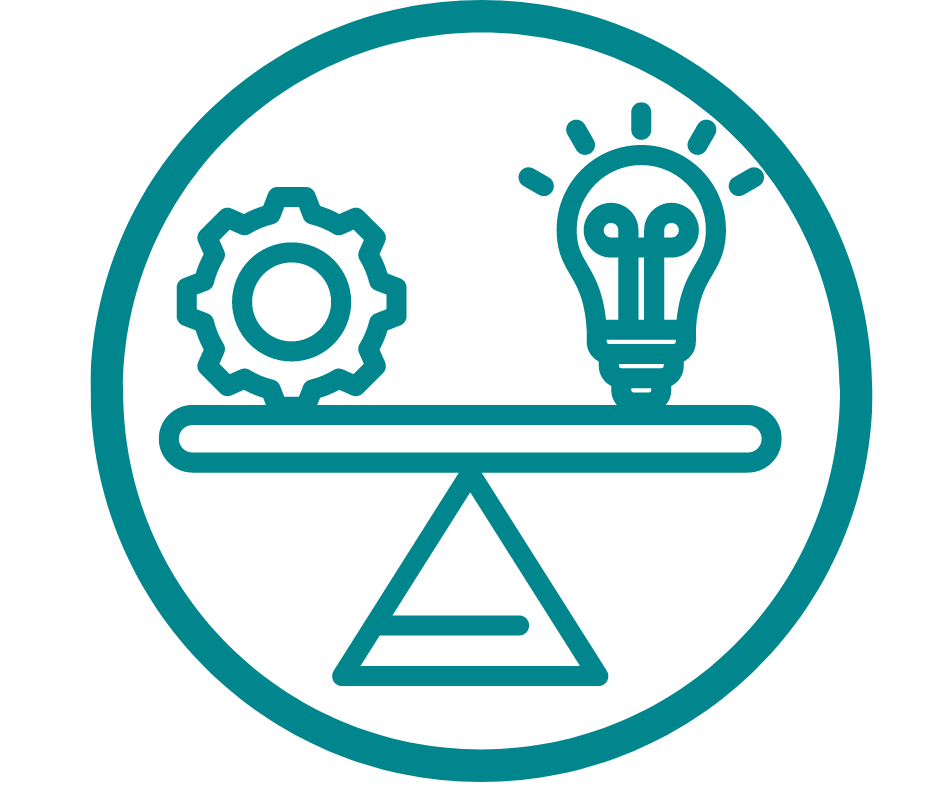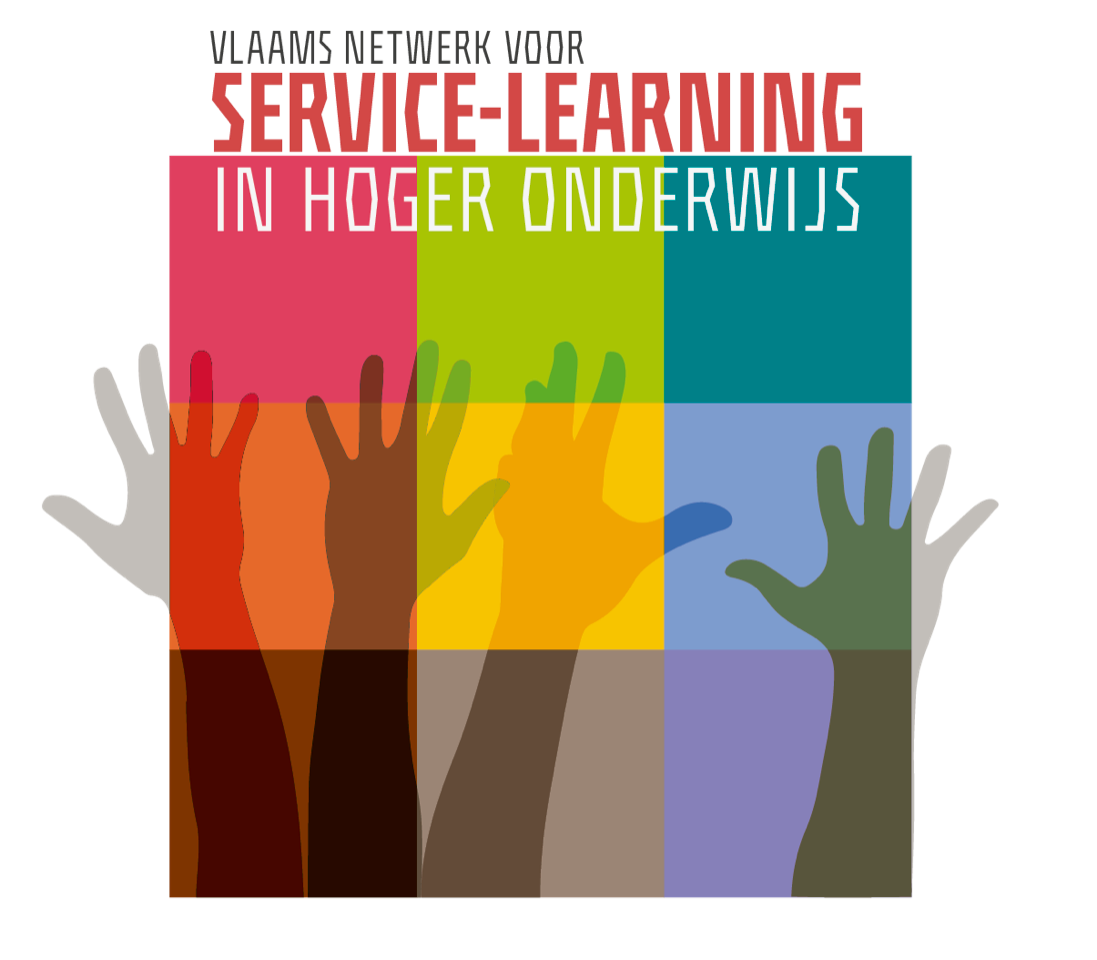Service-Learning
What is service-learning?
Service-learning is an experiential pedagogy that connects learning with community engagement. In a service-learning course, a student engages in a community service, and learns from this experience through critical reflection on a personal, professional and societal level.
The connection between learning and engagement can take on different shapes, and is highly context-dependent. Therefore, there are different expressions and interpretations of what service-learning is and can be. Though, despite the diversity, we can identify three core principles that define service-learning practices and distinguish them from other experiential forms of learning:
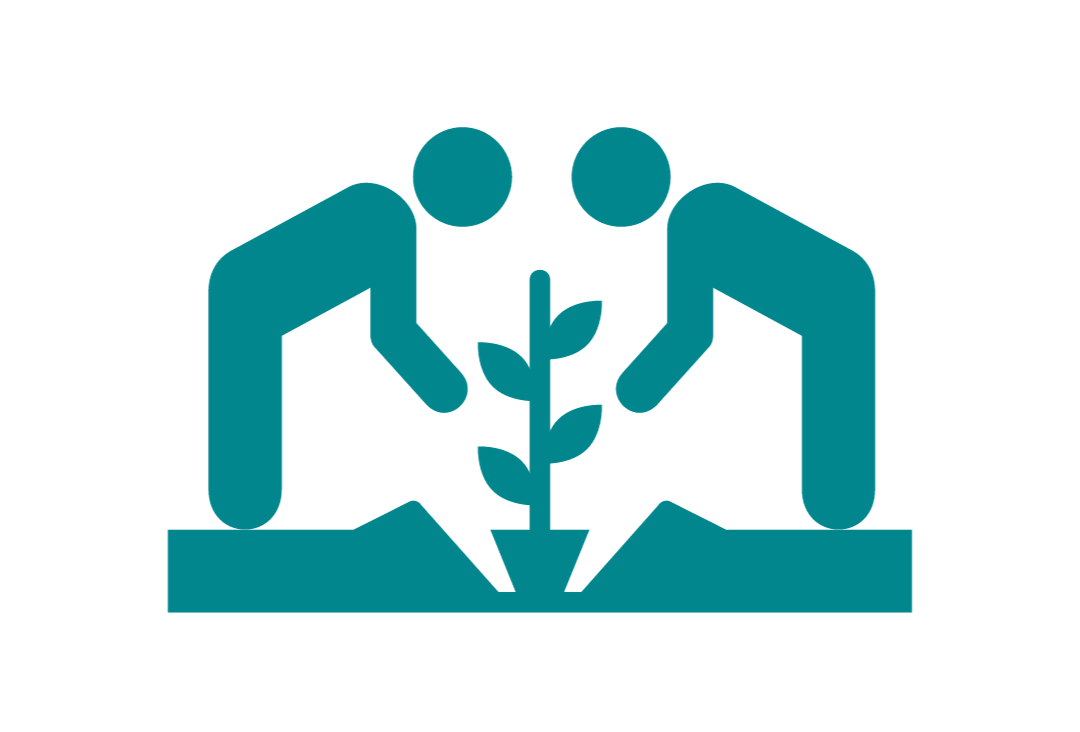
Community engagement
In service-learning, a student does a practice experience that is a service to a community or community organization. The activity is rooted in real-life, societal needs. These needs are formulated bottum-up, in co-creation with the community partner. All stakeholders involved collaborate on an equal and reciprocal basis.
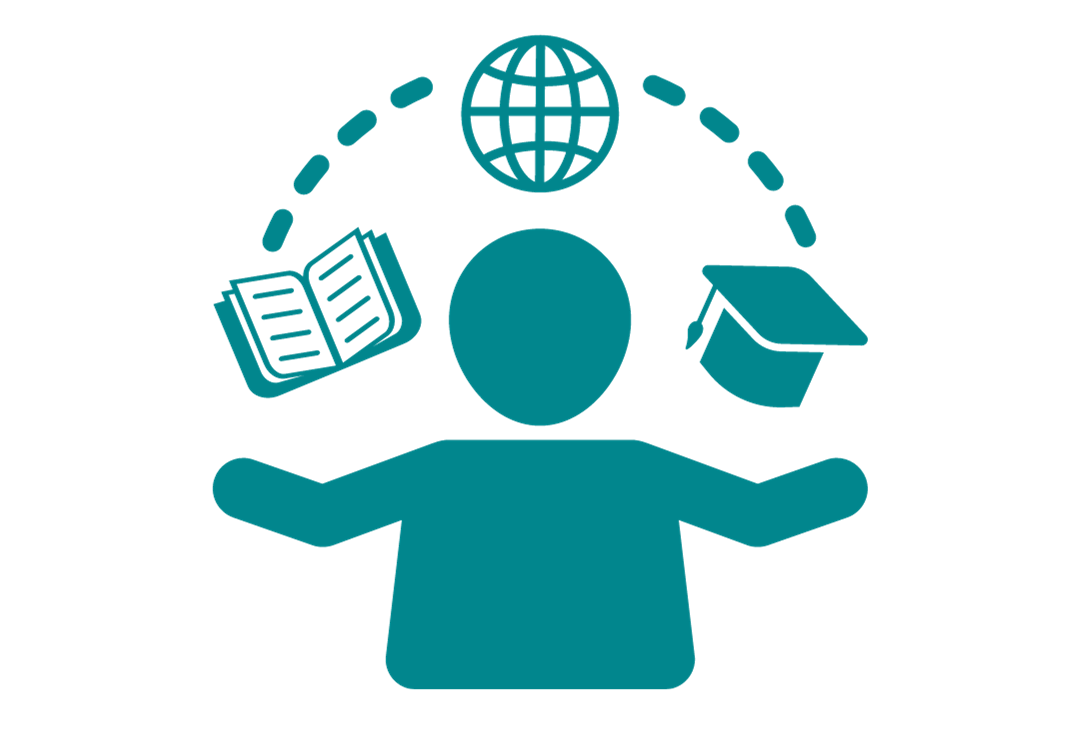
Theoretical, personal & societal learning
In service-learning, there must always be a connection between the theoretical insights gathered through the educational program and the practical experience. Thus, service-learning project is integrated into a curriculum, in the form of an optional or compulsory course. Students receive credits for engaging in a service-learning experience.
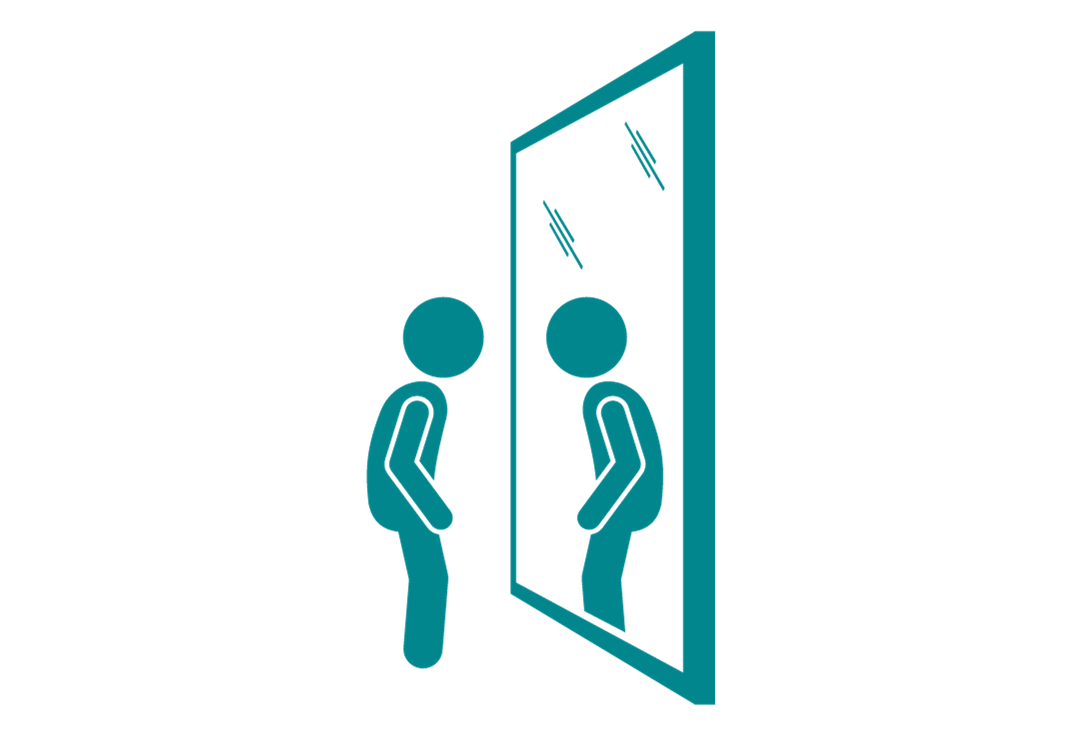
Reflection
Critical reflection is the common thread throughout every service-learning project and ensures a fruitful connection between theory and practical experience. Through critical reflection, students learn from the experience on a personal, professional and societal level.
The above three core principles are reflected in the service-learning definition formulated by the European Association of Service-Learning in Higher Education (EASLHE):
Service-learning in higher education is an experiential educational method in which students engage in community service, reflect critically on this experience, and learn from it personally, socially and academically. The activities address human, social and environmental needs from the perspective of social justice and sustainable development, and aim at enriching learning in higher education, fostering civic responsibility and strengthening communities. Service-learning is always recognized with ECTS.”
In addition to ‘service-learning’, there are several other terms to refer to community service as part of an educational program. These terms refer to similar practices, with each term indicating its own emphasis and focus. In Flemish higher education, in addition to service-learning, other terms used are Community Service Learning (CSL) and Community Engaged Learning (CEL), both explicitly emphasising the importance of the involvement of social partners, and civic learning, focusing on the involvement of the environment and its residents in the immediate proximity of the higher education institution.
Within the Flemish Network for Service-Learning in Higher Education, we opt for the usage of the term ‘service-learning’. We do this because the term allows us to connect to the evolution of the concept from Latin and North America, and because the European Association for Service-Learning in Higher Education (EASLHE) also uses this concept. This way, the practices in Flemish higher education can be connected to the broader international service-learning movement. We choose to write ‘service-learning’ with a hyphen, because we see this spelling as a visual representation of the three core components of service-learning: ‘service’, learning’, and ‘reflect’ as the hyphen that makes the connection between them.
Want to know more about service-learning?
Why service-learning?
There are many reasons to integrate service-learning into the curricula of Flemish higher education. This pedagogy offers a positive contribution for all stakeholders involved:
Added value for students
- Intrinsic motivation because of the reality and relevance of the project
- Active involvement with and in society
- Growing opportunities on personal, professional and societal levels
Added value for society & community partners
- Support adjusted to the specific needs of the organisation, community or target group
- Promotion and advocacy of the own activities
- Partnership with higher education institutions
- Educate students to become critical and responsible citizens
Added value for teachers & higher education institutions
- Shows the relevance of the higher education instititution within the society
- Validation of the own research and theories
- Strengthening education through collaboration with societal actors
Essential elements in quality service-learning projects
In order to speak of a quality service-learning practice, a number of essential characteristics must be present.
This list is not exhaustive, but gives an overview of the characteristics that are most often referred to in the literature:
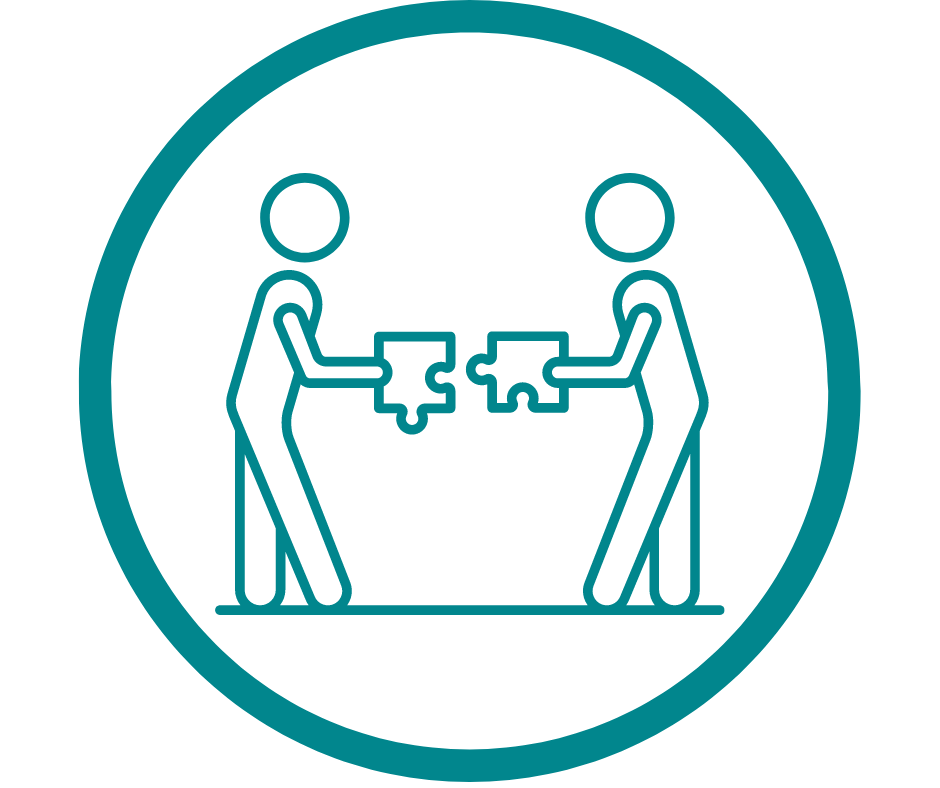
Horizontal solidarity & reciprocity
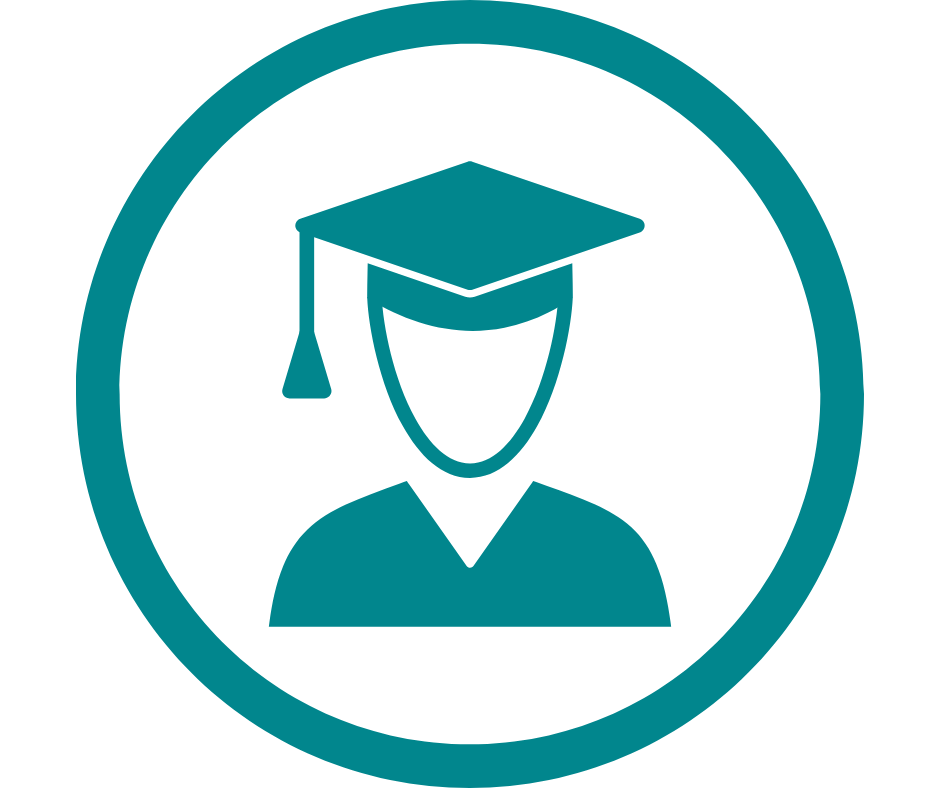
Active role of the student
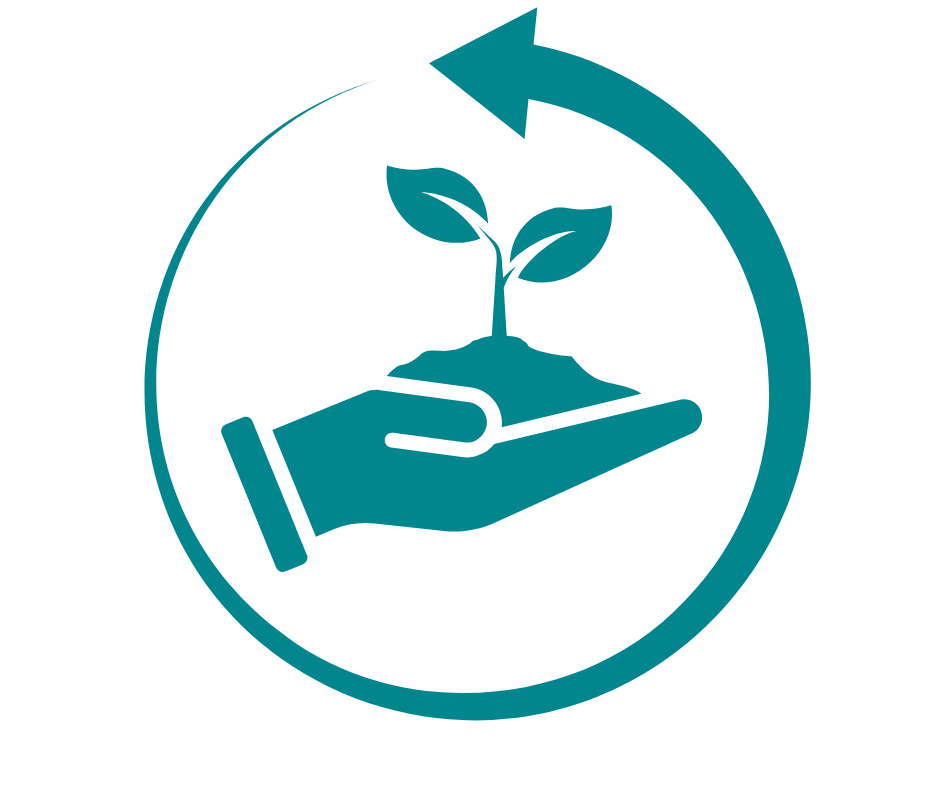
Sustainable partnerships
